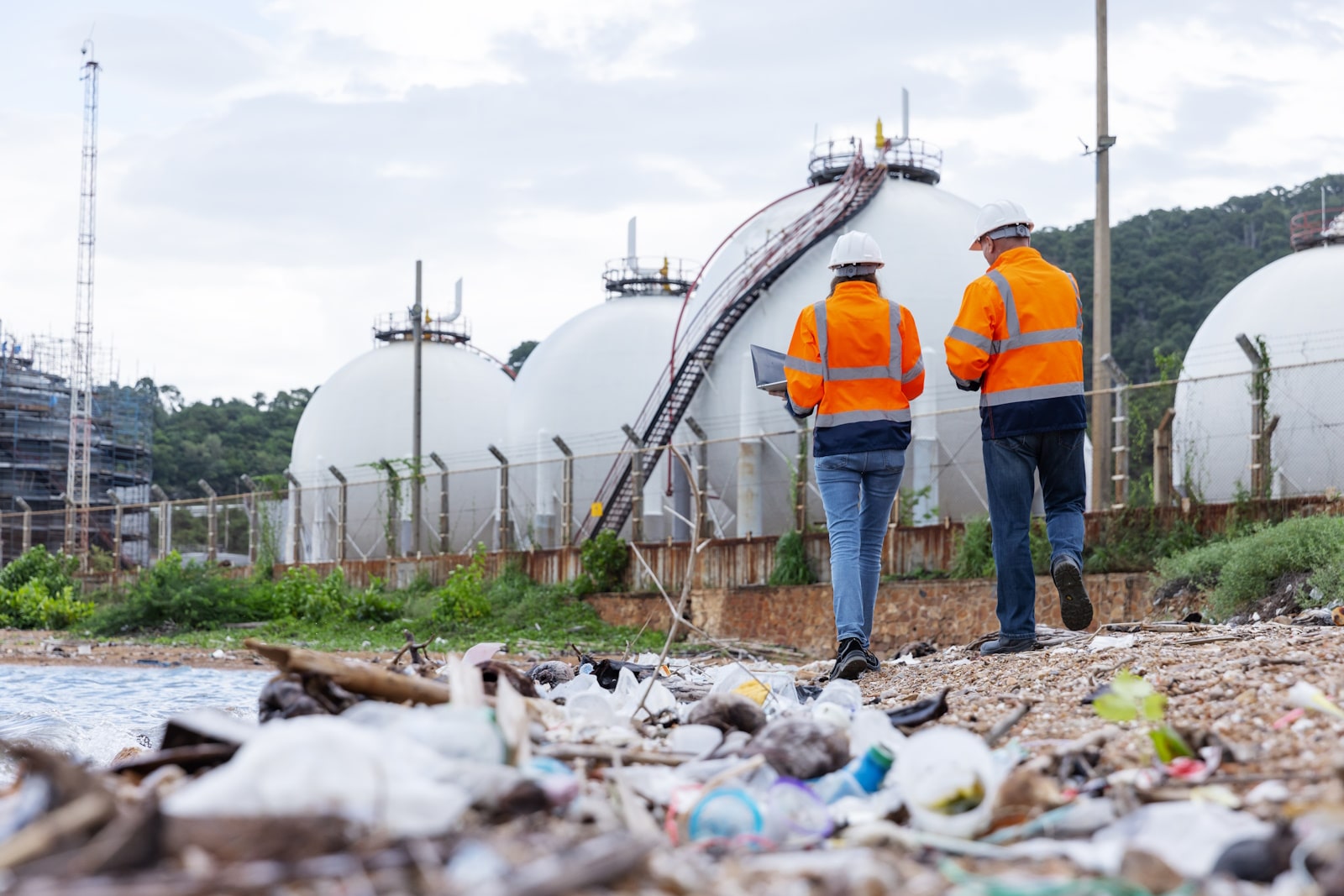Waste Management Company: Energy Recovery For SA
In many South African townships, organic waste is abundant yet overlooked. Food scraps, garden trimmings, and even sewage sludge are often discarded in ways that harm public health and the environment. But these materials hold significant untapped value. When processed efficiently, they can be transformed into clean, renewable energy. As a leading waste management company, A‑Thermal is committed to helping communities unlock this potential through practical, scalable solutions.
The Nature of Organic Waste in Townships
Townships generate large volumes of organic waste, mostly from households and informal businesses. This includes food leftovers, vegetable peels, yard clippings, and organic sludge from sanitation systems. Without proper intervention from a skilled waste management company, this waste often ends up in open dumps or drains, where it becomes a source of disease, methane emissions, and contamination.
These organic materials, however, are ideal feedstock for energy recovery systems like anaerobic digestion. By capturing and processing this waste, townships can reduce environmental risks and generate usable biogas and organic fertiliser.
Understanding Biogas: Turning Waste into Energy
Anaerobic digestion is a natural process that breaks down organic matter in the absence of oxygen. The resulting biogas—a mix of methane and carbon dioxide—can be used for cooking, heating, or electricity generation. As a waste management company, A‑Thermal supports local governments and community groups in designing biogas systems tailored to township conditions.
This process not only produces clean energy but also yields digestate—a nutrient-rich fertiliser that supports local agriculture or community gardens. It’s a circular solution that reduces landfill burden, cuts emissions, and improves food security.
Energy Recovery Technologies for Township Settings
Energy recovery can take different forms, and technology must be adapted to local needs. As an experienced waste management company, we recommend three main approaches:
- Household digesters: Simple systems that provide enough gas for daily cooking needs. They are low-cost and relatively easy to maintain.
- Community-scale digesters: Shared by multiple households or used at schools and clinics, these systems can produce more energy and manage larger waste volumes.
- Advanced waste-to-energy plants: Larger, often municipal-scale systems can process sewage sludge and food waste to generate electricity and heat. These require higher capital investment but offer greater returns and serve entire neighbourhoods.
Each of these solutions plays a role in making township energy more reliable and resilient.
Infrastructure and Operational Challenges
Despite the benefits, implementing these systems in townships involves overcoming several barriers. Inconsistent waste separation at household level is a major issue. Many residents lack bins or awareness of how to separate organic waste. Informal settlements also face spatial constraints, making it harder to site digesters.
Grid limitations mean that power generation must often be off-grid or locally stored. As a waste management company with extensive on-the-ground experience, A‑Thermal works to design compact, modular systems that fit within these constraints. We also provide training for local operators to ensure that systems run reliably over time.
Is It Economically Viable?
Cost is often the biggest concern—but township-scale energy recovery can be highly cost-effective. Small digesters are affordable and pay for themselves through savings on cooking fuel. Community units, while more expensive, benefit from economies of scale and can be subsidised through public-private partnerships.
Larger projects can generate revenue not just from energy, but also from the sale of digestate and possible carbon credits. With support from a professional waste management company, stakeholders can access funding streams, incentives, and development finance that reduce project risk.
Environmental and Sanitation Benefits
The environmental advantages are clear. Diverting organic waste from landfills reduces methane emissions, a powerful greenhouse gas. Proper processing also lowers the health risks associated with unmanaged waste—particularly in dense urban areas where dumping is common.
Sanitation improves significantly when sewage sludge is treated properly. A‑Thermal, as a licensed waste management company, integrates waste treatment with sanitation goals, ensuring cleaner, safer living environments for residents.
Engaging Communities for Long-Term Success
Any successful energy recovery initiative depends on community involvement. Education campaigns are essential to help residents understand the value of separating waste and using biogas systems safely. Incentives like free digestate or discounted gas credits can boost participation.
As a trusted waste management company, we develop community-led engagement models that build ownership and long-term success. We work closely with schools, churches, health clinics, and ward committees to embed these systems into daily life.
The Role of Policy and Regulation
The South African government has made clear commitments to divert organic waste from landfills and promote renewable energy. However, navigating environmental regulations can be complex. Licensing for waste-to-energy projects requires compliance with the National Environmental Management: Waste Act and related policies.
Our role as a seasoned waste management company includes guiding clients through the licensing process, helping them meet legal requirements while unlocking the benefits of available incentives such as feed-in tariffs and tax rebates for renewable gas.
Scaling Across South Africa
Pilot projects in KwaZulu-Natal, the Western Cape, and Gauteng show that township-based biogas systems are both feasible and replicable. With the right technology and local support, energy recovery can be scaled to serve hundreds of townships nationwide.
A‑Thermal supports modular design, training, and knowledge-sharing, ensuring that each community has the tools to build sustainable waste-to-energy infrastructure. As a future-ready waste management company, we see this as the next frontier of integrated waste and energy services in South Africa.
Energy recovery from organic waste offers an achievable, high-impact solution for South African townships. With the guidance of an experienced waste management company like A‑Thermal, communities can turn everyday waste into fuel, fertiliser, and opportunity. The environmental, economic, and health benefits are immense—and the path forward is clear.
If you’re part of a municipality, development agency, or local initiative looking to improve sanitation and energy access, we’d love to help. Contact us today and let’s build a cleaner, more sustainable future—one township at a time.







